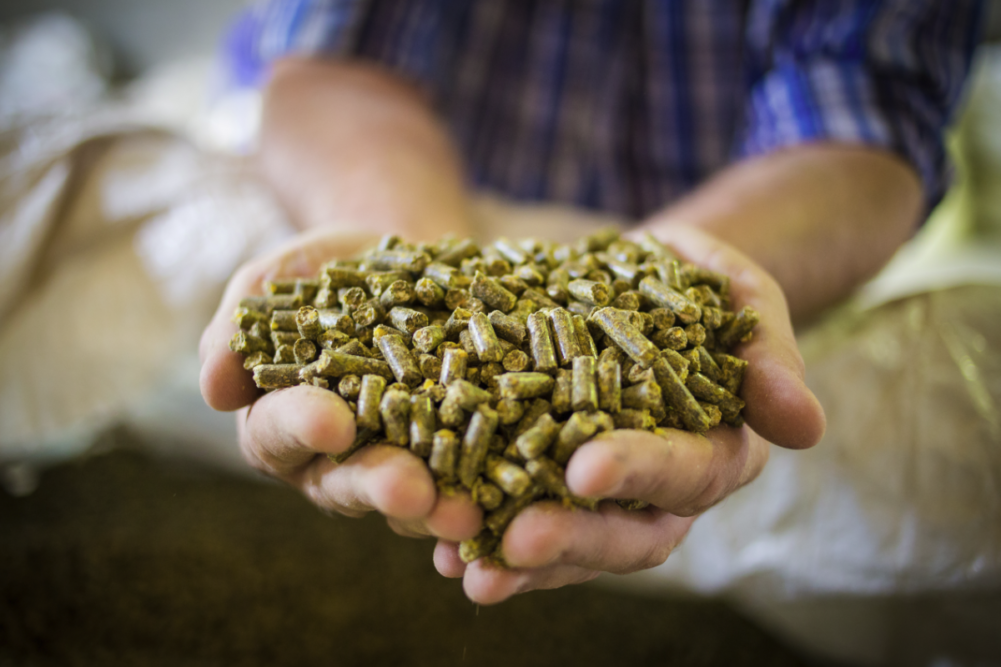ARLINGTON, VIRGINIA, US — The Institute for Feed Education and Research (IFEEDER) met with the World Wildlife Fund (WWF) at the end of September to discuss ways to achieve greenhouse gas emissions reduction and other commitments important to the feed industry and its customers.
“We all have a role to play to advance sustainability within the feed system, yet we recognize that many companies are at different stages of their journeys,” said Lara Moody, IFEEDER executive director. “At the summit, we identified the ‘must haves,’ what barriers stand in the way, what opportunities exist, what partnerships or collaborations need to be established, and what we can do together to make meaningful progress.”
At the Feed Systems Sustainability Summit, Sept. 28-29 in Milwaukee, Wisconsin, US, attendees shared their experiences and best practices for collaborating to incorporate sustainability into their companies’ culture, strategies and services. The attendees collectively identified: a need for consistent definitions and standards; flexible and adaptable implementation; established sound science and innovation; and the ability to communicate sustainability stories as keys to achieving success.
The summit ended with agreement to advance action and share insights on three topics:
- Enhancing or creating data systems and their components to clarify and quantify the role and impact of feed ingredients in achieving GHG emissions reductions and other commitments.
- Creating broader understanding of the unique value proposition feed sustainability has for each actor in the value chain.
- Continuing to share insights and case studies to build awareness and interest in activating feed systems as a climate solution.
“It was great to launch this summit to shine a spotlight on feed. There is a sense of urgency needed to work within animal food systems on solutions to climate change and animal feed plays such critical role,” said Courtney Hall, director of sustainable protein systems at the WWF-US. “It will be important to seize upon the momentum from the summit and find ways to accelerate and scale.”
An in-depth review of the Feed Systems Sustainability Summit findings will be provided by project partners on Nov. 16 in Glendale, Arizona, US, at the Sustainable Agriculture Summit during a session titled, “Activating Solutions to Meet the Need for Feed.”






